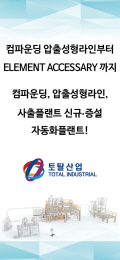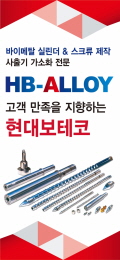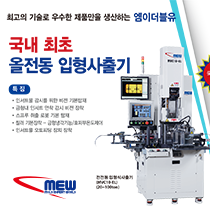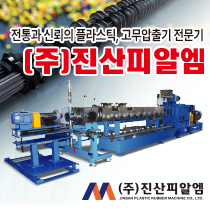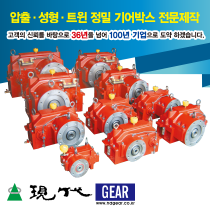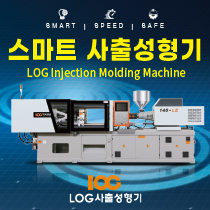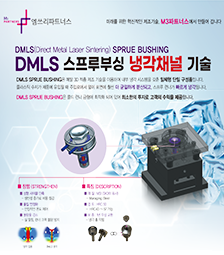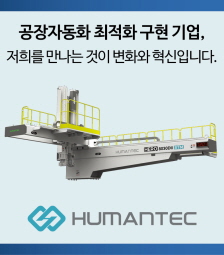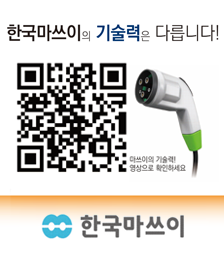Feature
Automation suppliers help meet demand for COVID-19 testing kits
Automation suppliers help meet demand for COVID-19 testing kits

As the need for in-home COVID-19 testing balloons because of the highly contagious omicron variant, automation suppliers are responding with technology to help producers keep up with demand.
At about one to two parts per second, Lanco Integrated conservatively estimates its seven medical diagnostics manufacturer customers are assembling about 700 million COVID diagnostics tests annually, Kevin Herbig, account manager at Lanco Integrated, told Plastics News.
Lanco's existing customers have asked for duplicate machines for diagnostics tests "as soon as they can get it," Herbig said.
"We've continued to see growth because some of those customers have scaled their production and, like any investment, they're trying to see oversupply," he said.
The customers, facing labor shortages, also needed automated processes so their operators wouldn't have to manually process kits at an impossibly fast cycle time.
Lanco is also working to offer its customers "flexible" machine investments with additional part types that can diagnose different conditions when the pandemic finally wanes, he said.
"There will always be a need to test for something," Herbig said. While the products being assembled remain the same, such as lateral flows, membranes and swabs, the core component in the machine will change to allow for new variable data, lot numbers and marketing on the products.
The company has also seen an increase in demand for lab automation machines that can "take a sample with a barcode on it, scan it, put into some type of test and get the reading," Herbig said. Manual transmission of information can sometimes be "unreliable," he said, as "people make mistakes."
Lanco's Westbrook, Maine, facility is hiring to keep up with high demand for the machines and additional components, he added.
The company has been able to avoid some supply chain constraints by making "strategic buys within components we use as standards," Herbig said. "We have the ability to make changes, not only to enter the marketplace but also with what [materials] the supply chain can give us."
Since most of its customers are developing new products to market, the end product is typically still in final development phases when Lanco is finalizing the machine, he said. "Since it's a custom piece of equipment, it's easier to give the customers [another] option."
"The U.S. federal government plans to distribute 500 million at-home COVID testing devices, and medical device manufacturers are stepping up to meet this significant demand," Vernon Murray, president of Branson assembly and welding at Emerson, said in an emailed statement.

Emerson is ramping up production of its ultrasonic and laser welding technologies to meet its customers' demand for assembly of COVID testing devices "as quickly, safely and efficiently as possible," Murray said.
"Ultrasonic welding is very quick and economic," Didier Perret, medical business development manager at Branson assembly and welding at Emerson, told PN in an interview. "It's able to work with very low force, and in many cases those medical device assembly are delicate."
The "housing" portion of an at-home diagnostics test starts as two halves that are welded together, Perret said.
Laser welding "is becoming the process of choice," Perret said, to produce microfluidic paths, also used in in-vitro diagnostic systems, human drug-delivery systems or implantable medical devices.
"A high-growth area in these products are in point-of-care and in-home analyzers," he said.
The welding machines also have software to digitalize production data from the shop floor "from the molding machine to the packaging machine, all included in one controller," he said.
The software connects "the different steps of production and have an online view of … the process … and what to do in order to avoid producing scrap," Perret added. It also holds fully automated records of standards of production of the medical devices it assembles "removing human error," he said.
Emerson's customers are shifting away from using PVC in medical devices, which is used to make tubing and IV bags, masks, breast-pump kits and catheters, over concerns about dioxin and some phthalate plasticizers that are endocrine-disrupting compounds, Perret said.
The ultrasonic welding machines will help customers "adapt to new materials," he said, like polyethylene and polypropylene, which "don't have the same processing characteristic."
As Emerson has seen what Perret expects is a short-term increase in diagnostics demand, it has also seen a decrease in demand for kidney dialysis product assembly machines.
"Many people with dialysis, because they are so weak, if they get hit with COVID, they die," he said.
Because those customers had less to produce, it was an opportune time to change their production from polycarbonate to alternative materials like polypropylene.
Emerson has several of the machines in trial with customers, he said, and some machines already running in full assembly.
source : Automation suppliers help meet demand for COVID-19 testing kits | Plastics News
edit : plastic handler http://www.ihandler.co.kr

